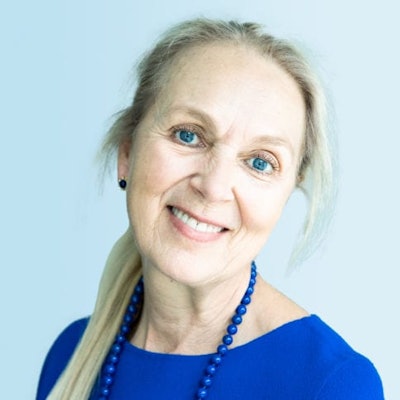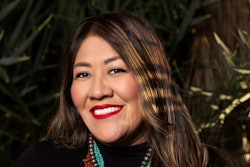HBCUs are currently enjoying their highest levels of cultural prominence in decades. Enrollment is soaring and funding is increasing. And some expect application numbers to improve even further this year as a result of the Supreme Court’s ruling against race-conscious admissions practices. Although HBCUs are more mainstream than ever, a new report from EAB, the educational consulting firm focused on enrollment management, student success, and institutional strategy, shows that the students who seek them out have a distinct profile: they prize a sense of belonging, they have unique communications preferences, and they look at value differently. It’s crucial for historically Black schools to understand these students if the HBCU boom is to be more than a blip.
The report is based on EAB’s 2023 Student Communications Preferences survey, which was taken by over 1,000 students who indicated that they were considering an HBCU. These students’ answers were compared to those of the over 19,000 students who said that they were not considering HBCUs and the nearly 3,000 students who self-identified as Black. Their responses revealed key differences.
Those indicating interest in HBCUs, which the report referred to as “HBCU seekers,” labeled a sense of belonging as one of their top priorities. HBCU seekers were almost two and a half times as likely as those not interested in HBCUs to say that they valued a diverse student body, and almost 50% more likely to say that they wanted to have “students like me on campus.” (They were over 20% more likely to say this than Black students as a group.) More specifically, HBCU seekers were nearly 50% more likely than non-HBCU seekers to prize strong school spirit and traditions, and more than two and a half times more likely to say that they wanted active Greek life.
The finding was unsurprising to Jacory Bernard, an undergraduate recruiter and new student support manager at Morehouse College.
“That’s something that our students communicate,” he said. “They’re looking for a home that will contribute not only to their intellectual development, but their social development. I think it’s comforting for students to know that there is an environment that is tailored to them from its origins.”
 Dr. Pam Royall, head of research, enrollment services at EAB
Dr. Pam Royall, head of research, enrollment services at EAB
“The most important thing is authentic messaging from near-peers,” she said. “If I’m a college sophomore, and I can go to my high school and talk about my experience, [saying] ‘this is a place where I, as a student of color, fit; I’m able to excel; I get the kind of social support I need,’ that messaging is as solid as it gets.”




















